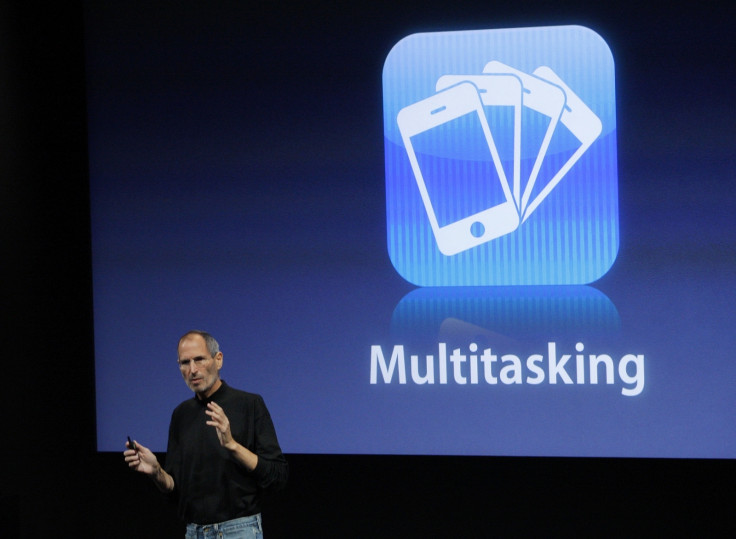iPhone myth busted: This is why you don't need to force-quit apps
Swiping apps out of the multitasking page actually makes performance and battery life worse.

Opening the multitasking page and force-quitting apps by swiping them off the screen might seem like a great way to relieve your iPhone of the effort required to keep them all open.
Users think removing apps from the multitasking page is some kind of 'digital hygiene'; a way of lengthening battery life and freeing up the iPhone's processor to get on with something else.
But this is simply not true, and is not how Apple has designed iOS to work.
Support documents written by Apple warn that the iPhone actually wastes more energy opening apps from cold than it does retrieving them from a frozen state on the multitasking page.
Apple executive Craig Federighi and even Steve Jobs himself have both previously said that leaving apps in the multitasking page is more efficient than force-quitting them all, no matter how satisfying it is to flick them all away.
Respected Apple writer John Gruber wrote on his Daring Fireball blog: "The single biggest misconception about iOS is that it's good digital hygiene to force quit apps that you aren't using. The idea is that apps in the background are locking up unnecessary RAM and consuming unnecessary CPU cycles [processor use], thus hurting performance and wasting battery life.
"That's not how iOS works."
Gruber goes on to explain that iOS has been described specifically so that none of these justifications for force-closing apps are true. Gruber says, just as other have done before him, that iOS "freezes" apps in the multitasking page, then allocates the RAM and processing power used to run them to whatever app you are actively using instead.
iOS is so good at this, that "unfreezing a frozen app takes up way less CPU (and energy) than relaunching an app that had been force quit. Not only does force quitting your apps not help, it actually hurts. Your battery life will be worse and it will take much longer to switch apps if you force quit apps in the background."
Apple's own advice states: "When you double-click the Home button, your recently used apps appear. The apps aren't open, but they're in standby mode to help you navigate and multitask. You should force an app to close only when it's unresponsive."
Gruber also points to a 2010 email from Jobs, stating: "Just use [iOS multitasking] as designed, and you'll be happy. No need to ever quit apps."
The only exception to this rule are apps that use Background App Refresh, which are designed to fetch data and update even when they're frozen. The likes of Facebook's app is one of the most common to have this. However, iOS has been created to do this efficiently by receiving data in batches and non-critical apps will only update when the phone is either plugged-in, on a wi-fi network or currently being used.
© Copyright IBTimes 2025. All rights reserved.






















